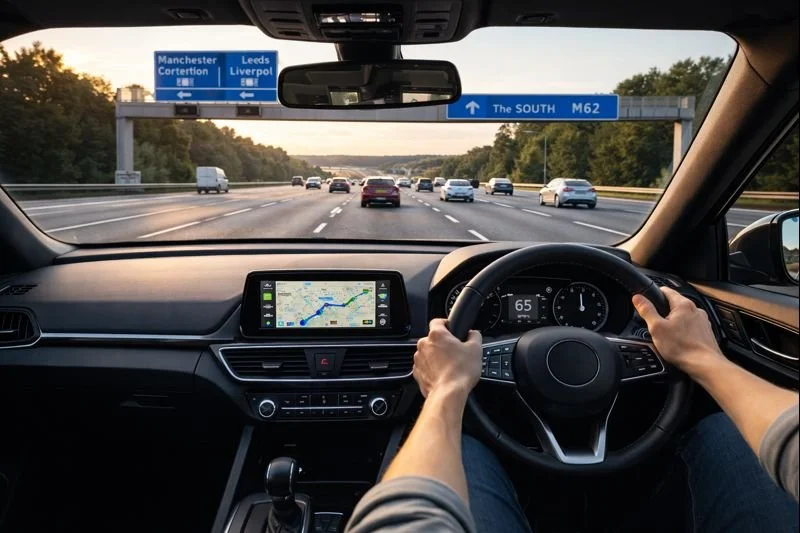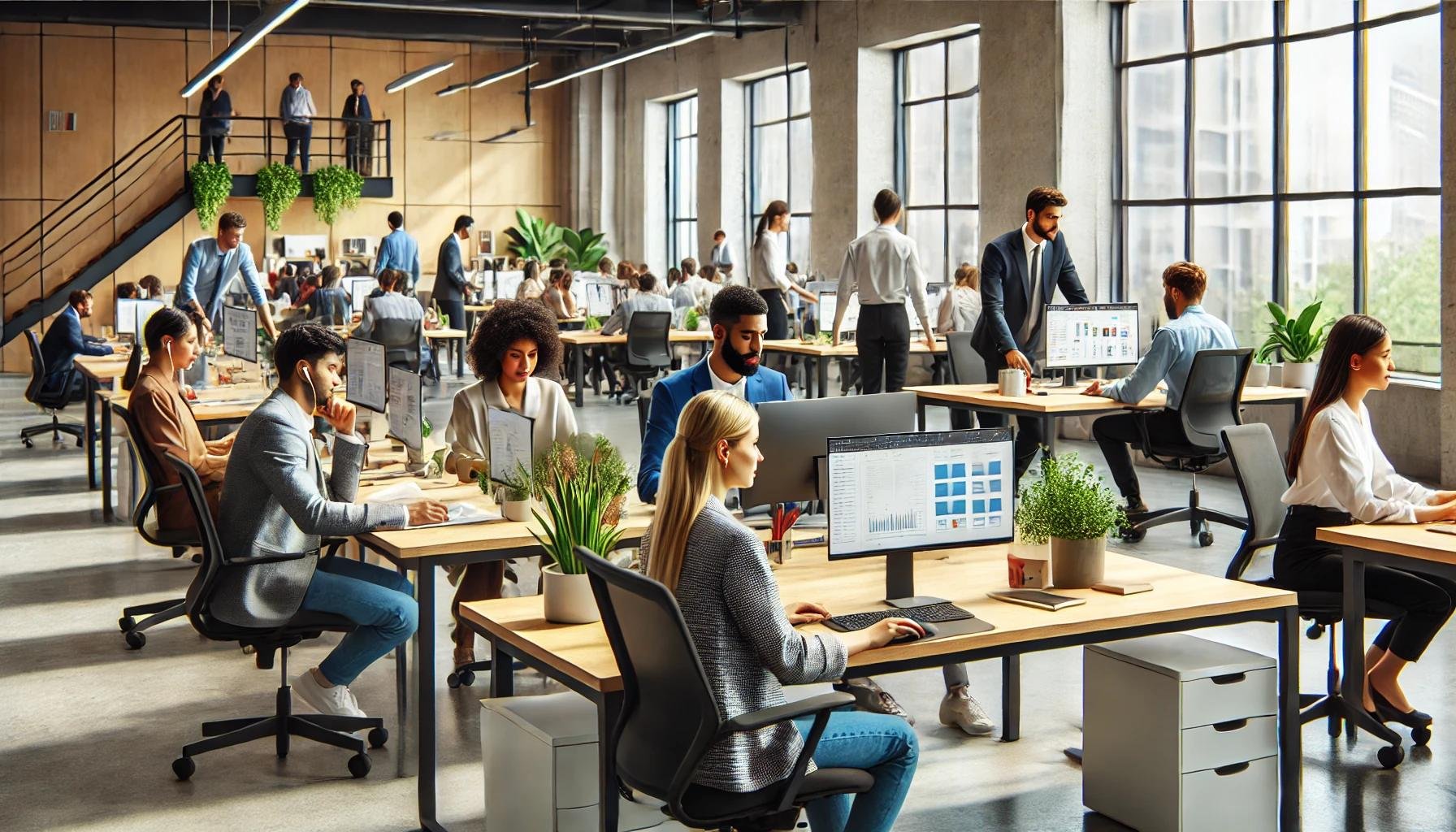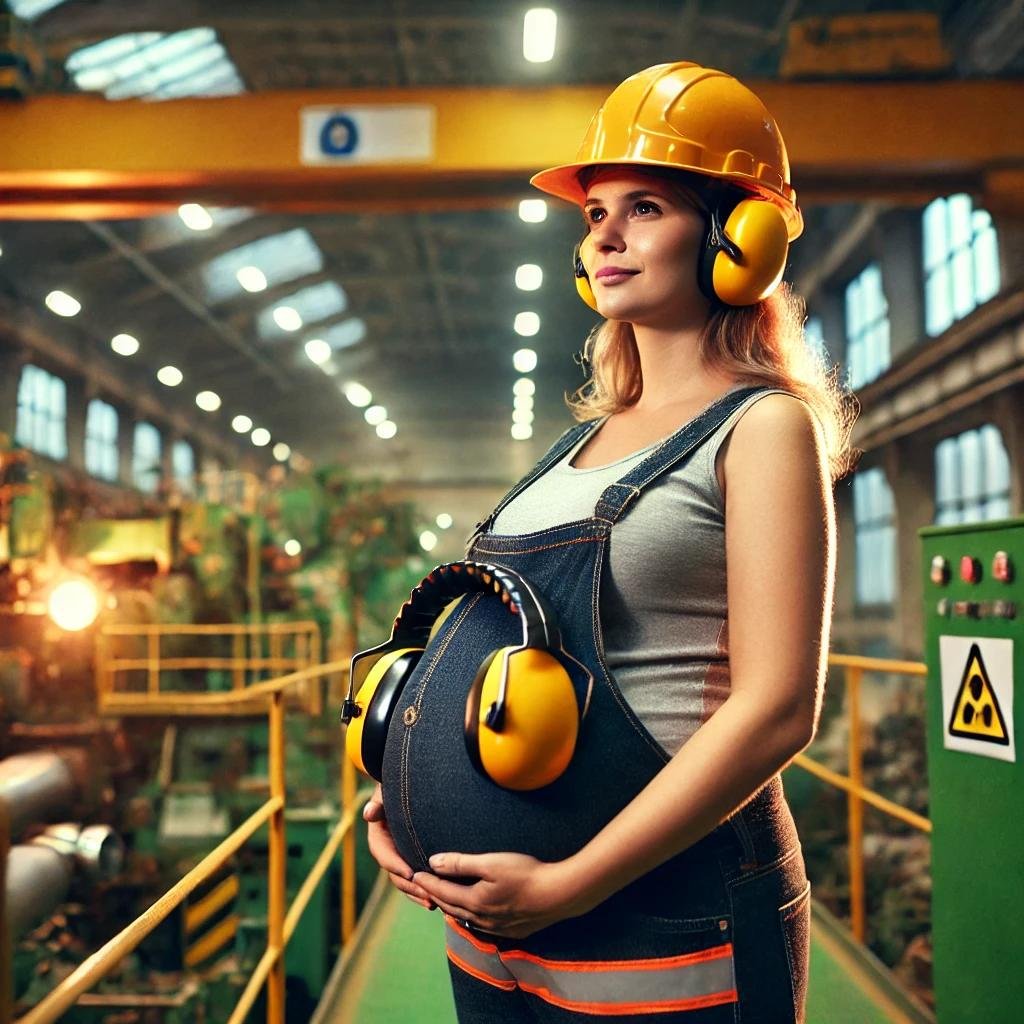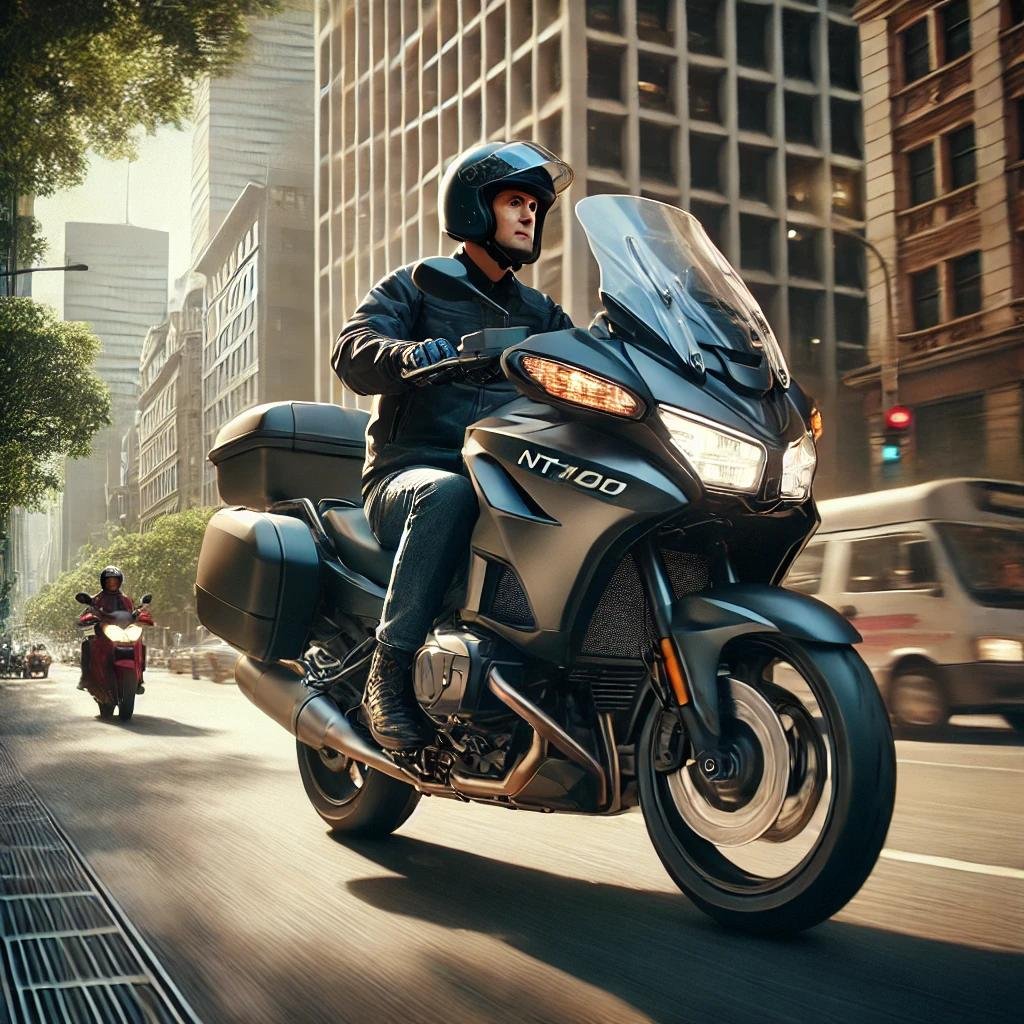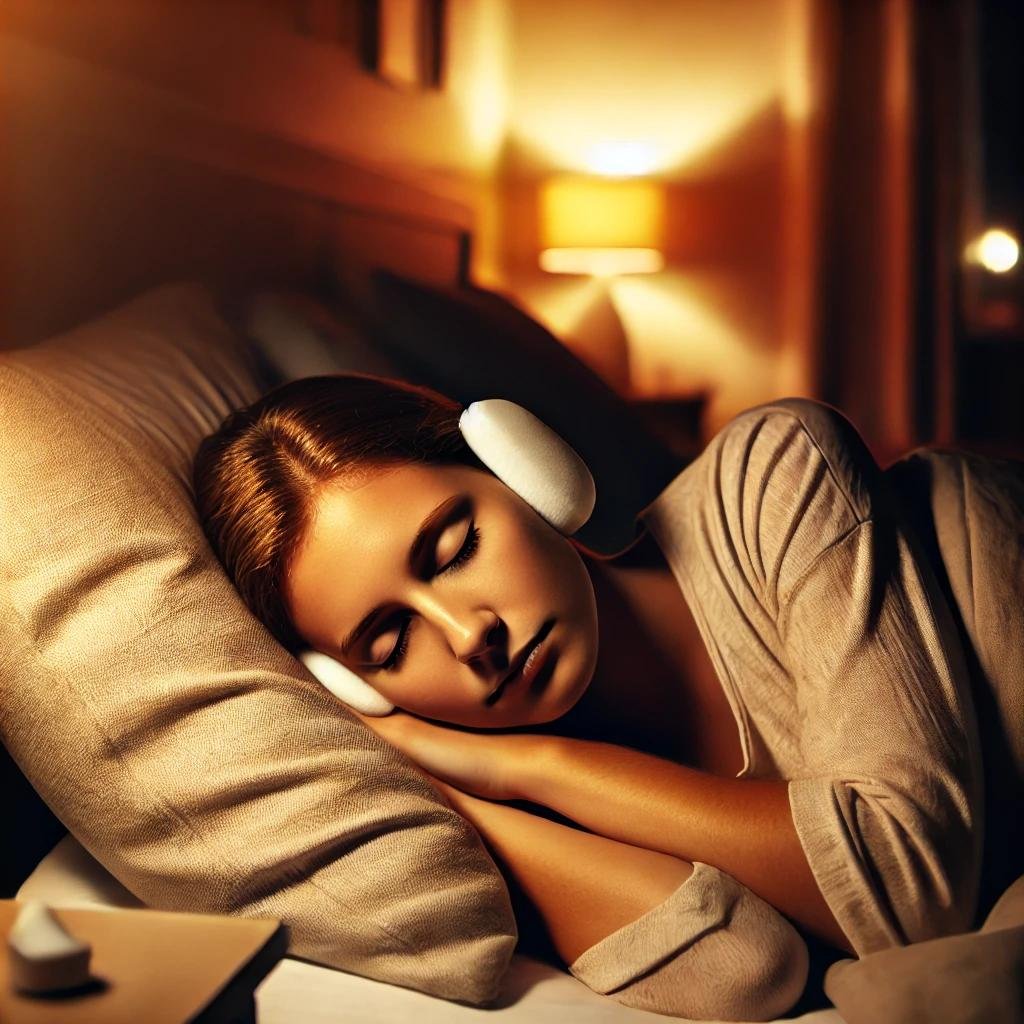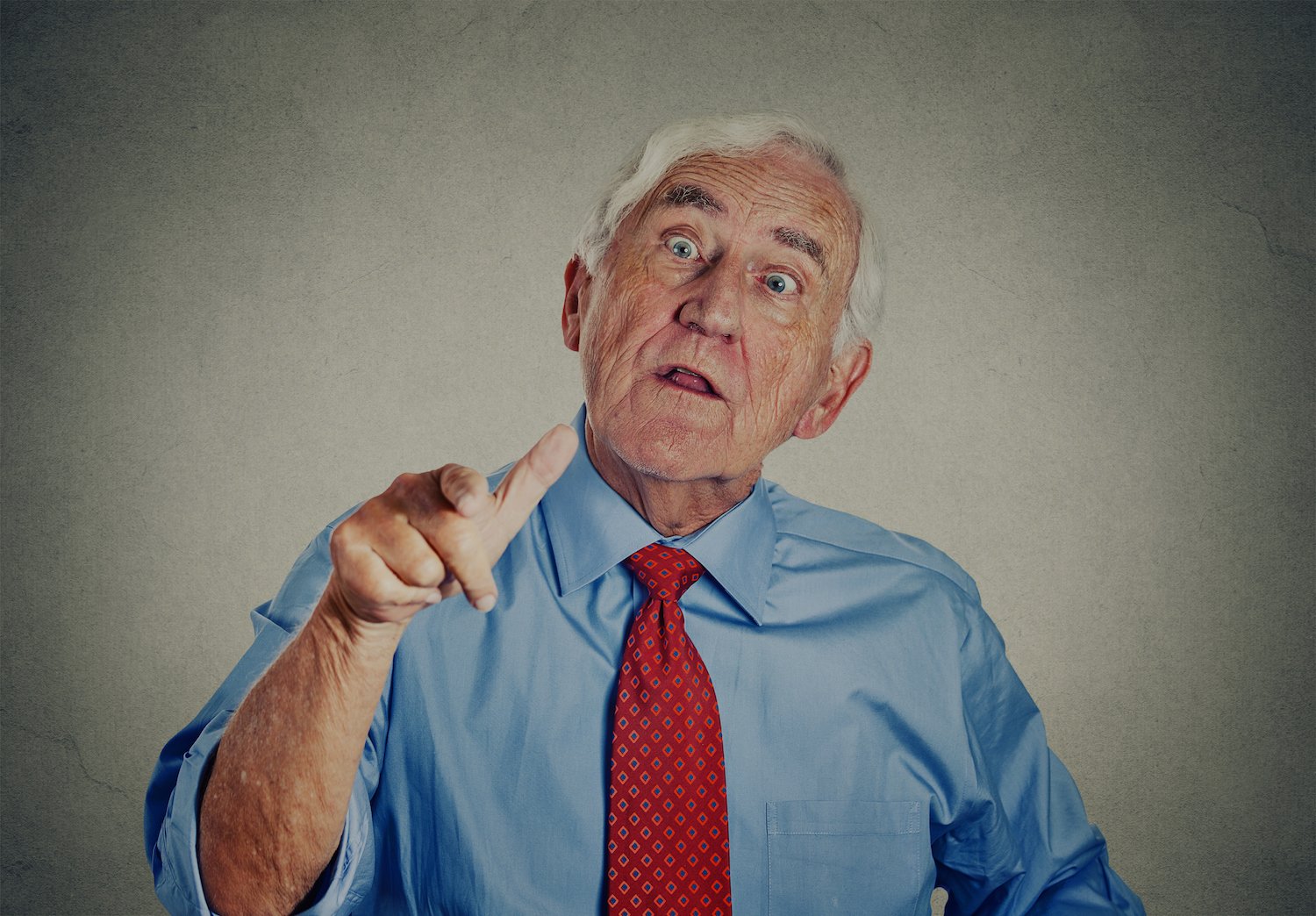
NOISE SAFETY ARTICLES
Articles and general information on all things relating to noise assessments or noise surveys at work, or managing employee noise exposure risks.
What noise assessments should contain, what to look for in a noise survey, managing noise risks at work, choosing hearing protection and managing health surveillance needs.
Noise assessments ● Noise surveys ● Hearing protection ● Health surveillance ● Noise Training
For a specific subject area, try the search box
Driving for work and noise exposures
One of the grey areas of noise safety is noise exposure while driving for work. By drivers I mean anyone driving as part of their job so the obvious ones like van or HGV drivers, but also driving around in a car or van - managers on site visits, sales reps, any person driving between sites or to customer sites, etc.
Noise safety training requirements following a noise assessment
A noise assessment will measure your noise risk levels, and anyone who has a noise exposure of 80 dB(A) or 135 dB(C) or more has to be included in a noise safety training programme. The HSE are very specific on what the noise safety training provided by employer should include.
Stereo noise in the workplace
Stereos at work can be important for employees, but when can you have stereos and when should they not be permitted, and how loud should stereos be at work?
Are noise-sensing illuminated signs any use for noise safety?
The short answer is no, illuminated noise safety signs are not useful, and in many cases simply mislead. They have no part in a noise assessment. The article explains more about why this is the case.
Noise levels in an office
A common question which comes up on noise assessments is what classes a dangerous noise in an office environment, with people asking what the safe levels are for noise in offices. The issue is often more about distracting noise rather than dangerous noise.
Risks to pregnant women and unborn babies from high noise
A client recently asked me if pregnant women are OK to work in an environment with a noise level which is considered ‘high’, so over 85 dB(A), or whether the noise can cause risk to either the pregnancy or foetus. That was an interesting one so I looked into it further.
Best hearing protection for riding a motorbike?
Noise levels can be very high when riding a motorbike - easily in the mid-90s dB(A) which can damage hearing. Ear plugs need to be enough to remove some of the noise but not isolate you from traffic, and they need to be soft and not painful under the helmet. These are some recommendations.
Best hearing protection for sleeping
This is a common question for hearing protection, be it due to external noise from life in a town or city, shift workers trying to sleep when everyone else is awake, trying to sleep in hotels, or just with a partner who snores a lot.
Best hearing protection for loud music?
Music can damage hearing just as much as other loud noise but this is one noise you probably do want to experience. This is a guide on hearing protection for music, be it attending concerts or playing as a musician - protection which will guard against hearing damage while letting the music sound natural.


